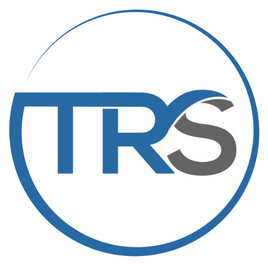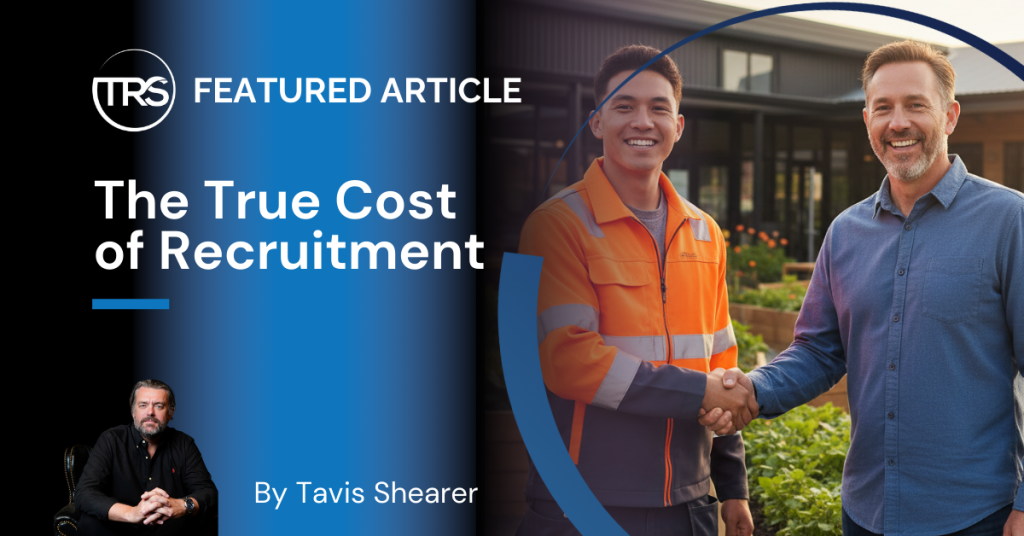The True Cost of Recruitment
Let’s discuss a big cost involved in finding the right person who is willing to actually stick around, perform, and ultimately help your business grow. That’s where the “true cost of recruitment” comes in. Too many businesses only look at the upfront fee or hourly rate, missing the bigger picture: what it really costs when…
Let’s discuss a big cost involved in finding the right person who is willing to actually stick around, perform, and ultimately help your business grow. That’s where the “true cost of recruitment” comes in. Too many businesses only look at the upfront fee or hourly rate, missing the bigger picture: what it really costs when you hire the wrong person, delay a project, or churn through staff.
Let’s break it down.
Direct Costs vs Hidden Costs
When people think about recruitment costs, they often stop at:
- Agency fees
- Job board ads
- Internal HR time
But that’s only half the story. The hidden costs of recruitment are where businesses bleed money without realising it. Think:
- Loss of production while the role sits empty
- Overtime or exhaustion for the existing team picking up the slack
- Project delays and client frustration
- Extra training for underqualified staff
- Staff turnover when someone leaves after 3 months
One bad hire can end up costing 2 – 3 times their salary.
Why Cheap Recruitment Isn’t Actually Cheap
A lot of businesses fall into the trap of thinking, “We’ll just go with the cheapest recruiter; they all do the same thing. “But here’s the thing to consider:
- Cheap hires can come from masses of generic databases. That means you’re rolling the dice with someone who might look good on paper but won’t last.
- Specialised recruiters (like TRS Resourcing) know the industries, the people, and the work. That means higher retention, better cultural fit, and staff who can hit the ground running.
So, while a smaller, specialised agency might look more expensive upfront, the return on investment is clear: fewer replacements, fewer headaches, and projects delivered on time.
The Ripple Effect of a Bad Hire
The true cost of recruitment shows up in places you don’t always think about. Here’s what a bad hire can impact:
- Staff morale drops when the wrong person is hired.
- Missed deadlines and poor service harm your reputation.
- Leaders waste time managing performance issues instead of growing the business.
- Recruitment churn and training costs quickly eat into profits.
In other words, it’s not just about who you hire, it’s about how you hire.
Why Investing in Quality Recruitment Pays Off
Why could turning filling gaps into a growth strategy pay off?
- Reduced turnover: The right person stays longer.
- Higher productivity: Skilled staff increase output immediately.
- Better culture: Great hires raise the bar for everyone.
- Business continuity: Job openings are filled quickly without disrupting projects.
When you add it all up, the investment in a specialist recruiter delivers better returns than cutting corners upfront.
FAQs About the Cost of Recruitment
- Why is recruitment so expensive?
Because you’re not just paying for ads or interviews, you’re paying to save time, reduce turnover, and secure candidates who stick. - What’s the cost of a bad hire?
On average, 2-3 times the person’s salary when you factor in lost productivity, training, and replacing them. - Are smaller recruitment agencies worth the investment?
Yes. They specialise in industries, have niche candidate pools, and deliver higher retention rates than big-volume agencies. - Can internal recruitment save money?
It might look cheaper, but the lost time and lack of candidate networks often make it more expensive in the long run. - How do I measure recruitment ROI?
Look at retention rates, time to fill, performance of new hires, and reduced turnover costs. If these are improving, your recruitment spend is working.
Download the Business Checklist for: The True Cost of Recruitment A Business Checklist
The true cost of recruitment is not the amount on the invoice, it’s the long term impact on your business. Cheap, quick, or DIY solutions may look fine today, but the cost of getting it wrong tomorrow can set you back months. Invest wisely, and you’ll see recruitment as an asset, not an expense.
Why Smaller, Specialised Recruitment Agencies Outperform the Big Names


